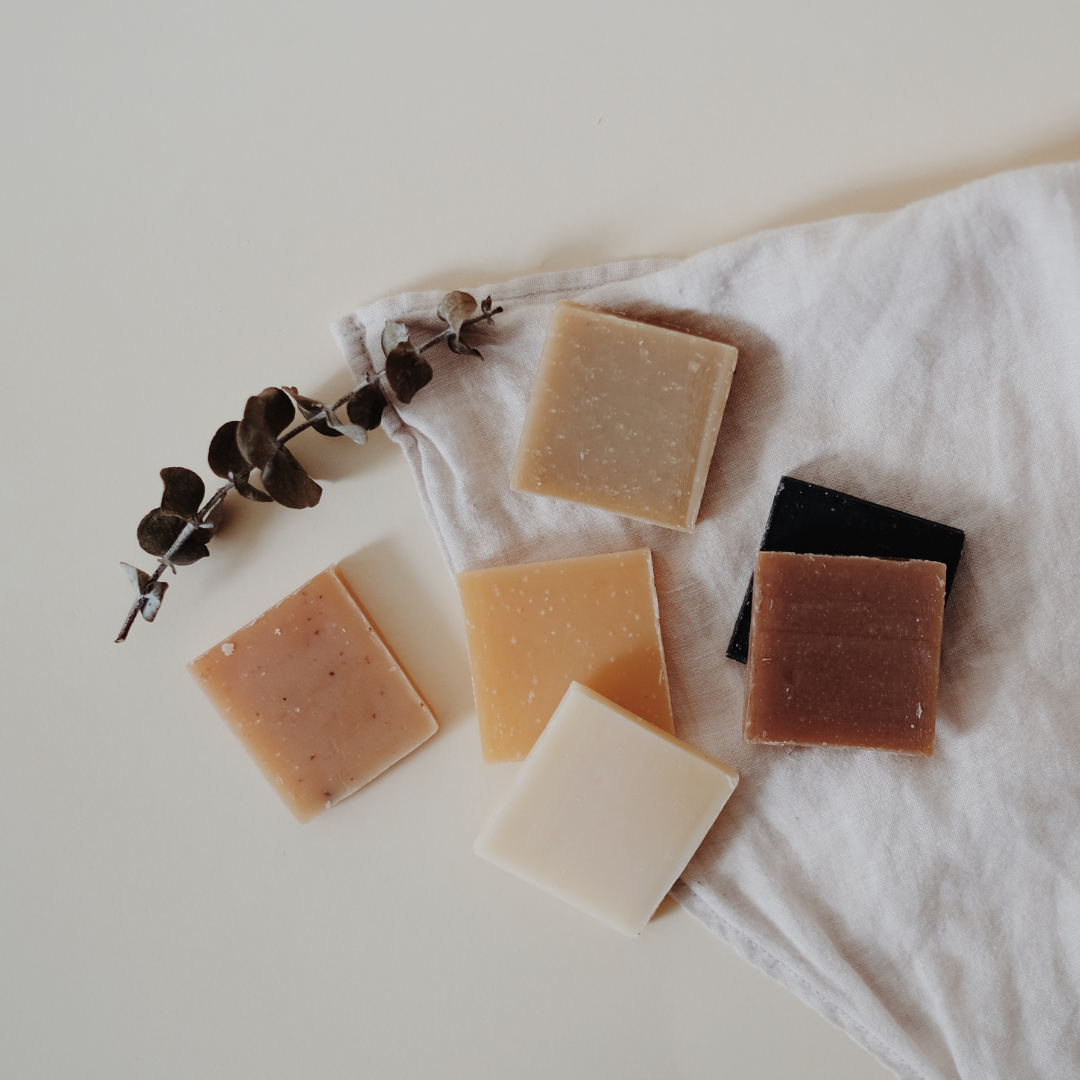
Rosemary: The Herb of Remembrance, Friendship, and Flavorful Wonders
When it comes to herbs that captivate both the senses and the soul, rosemary holds a special place. Known as the “herb of remembrance and friendship,” rosemary (Rosmarinus officinalis) has deep historical roots, symbolic meanings, and a flavor profile that adds an unforgettable twist to countless dishes. Join us on a journey through the rich history, practical growing tips, and surprising culinary uses of this aromatic gem!
A Little History: Why Rosemary is Known as the Herb of Remembrance
Native to the Mediterranean, rosemary has been cherished for centuries. Ancient Greeks and Romans believed rosemary could enhance memory, hence its association with remembrance. The herb was often used in weddings as a symbol of fidelity and friendship, and in funerals to honor loved ones. Even today, people tuck rosemary into bouquets, wreaths, and gifts as a reminder of its significance in fostering connection and memories.
Growing Rosemary: Tips for Thriving Herbs Indoors and Out
Is rosemary high-maintenance? Not really, but it does need some love and light.
Where to Grow:
Rosemary loves full sun, so find a sunny spot! If you're growing it indoors, make sure it gets at least four hours of direct sunlight daily. Don’t have a sunny windowsill? Hang some fluorescent lights about six inches above the plants and leave them on for 12 hours each day. Just imagine: a mini Mediterranean oasis in your home.
Soil and Watering:
This plant thrives in light, well-drained soil. Be careful not to overwater, as rosemary is prone to root rot if the soil stays too soggy. Let it dry out a bit between waterings and give it a misting every couple of weeks—it's like a mini spa day for your plant.
Size and Shape:
Outdoors, rosemary can grow up to 6 feet tall, but when grown indoors, it benefits from regular trimming. Snip the tip cuttings to keep it bushy and healthy. Plus, this gives you a stash of fresh rosemary ready for cooking.
Rosemary's Role in the Garden: Natural Pest Fighter
If you’re into companion planting, rosemary is a rockstar. Planted alongside cabbage, beans, carrots, and sage, it helps ward off cabbage moths, bean beetles, and carrot flies. Think of it as a natural shield for your veggies—keeping unwanted pests at bay while adding a fragrant touch to your garden.
Cooking with Rosemary: From Lamb to Cakes!
Ready to cook up a storm? Here’s why rosemary should be a staple in your kitchen arsenal.
In Italian cuisine, rosemary is practically a requirement for lamb, veal, and poultry. Try simmering it with olive oil, garlic, and a splash of wine, and you’ll see why this combo has stood the test of time.
But rosemary's talents don’t stop at meat. Its bold, piney flavor enhances dishes from soups and stews to vegetable sides, making it an incredibly versatile herb. Here are some ideas to get you started:
- In soups and stews: Add a sprig to chicken soup, minestrone, or pea soup for a savory kick.
- With veggies: Toss rosemary in with cauliflower, potatoes, green beans, or peas. It livens up the simplest ingredients.
- Herb skewers: Strip the leaves off the stems and use them as skewers for grilling meat and veggies.
- Breads and baked goods: Rosemary adds a surprising depth to breads like focaccia, biscuits, or even savory cakes. It’s also delicious finely chopped into cookies and jellies!
Pro tip: Rosemary has a strong flavor, so use it sparingly. A little goes a long way!
Storing and Drying Rosemary
To keep rosemary fresh, place it in a plastic bag in the fridge, or keep the stems in a glass of water. You can also dry rosemary by hanging sprigs in a warm, dry place—perfect for storing a batch that lasts.
Want the full flavor of rosemary, even when it’s dried? Crush the leaves just before adding them to your dish. It releases the oils and makes the flavor come alive, almost as if it were fresh.
Fun Facts About Rosemary You Might Not Know
- Symbol of Love: In folklore, rosemary was often worn by brides as a symbol of love and fidelity.
- Longevity Champion: Mature rosemary plants can live over 30 years! Imagine, that’s longer than most houseplants survive.
- Name Origins: The name "rosemary" is derived from the Latin “dew of the sea” (ros marinus), as it often grows along coastal cliffs.
- Friend of the Brain: Rosemary's scent is said to enhance memory, making it a popular addition in aromatherapy and even in students' study rituals.
The Power of Rosemary Beyond the Kitchen
Beyond the kitchen and garden, rosemary has wellness benefits. The herb is used in essential oils for its calming scent and is believed to relieve stress, boost memory, and improve focus. A little rosemary in your bath or a whiff of rosemary essential oil could be just the refresh you need after a long day.
Final Thoughts: Why Rosemary Deserves a Spot in Your Life
From its rich history and culinary versatility to its practical garden benefits and wellness perks, rosemary is truly the herb that does it all. This herb of remembrance and friendship is a reminder of simple, timeless joys—connecting with others, savoring good food, and nurturing wellness.
Ready to get started with rosemary? Whether you’re growing it, cooking with it, or simply appreciating its aromatic charm, rosemary is sure to add flavor, beauty, and meaning to your life. 🌿

